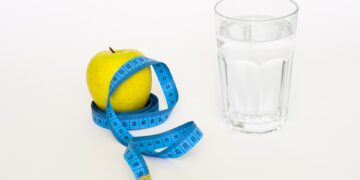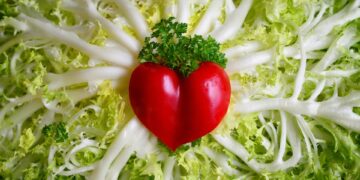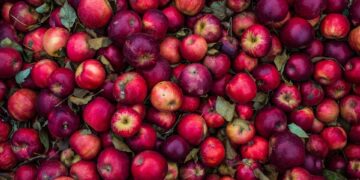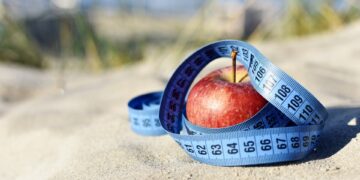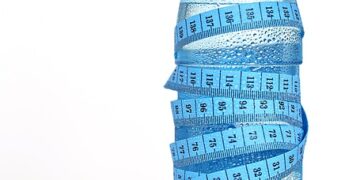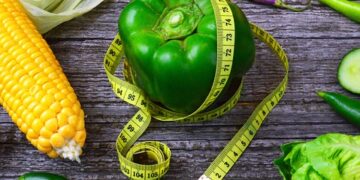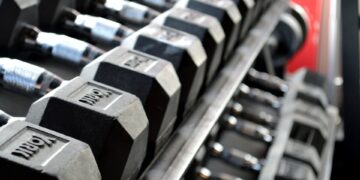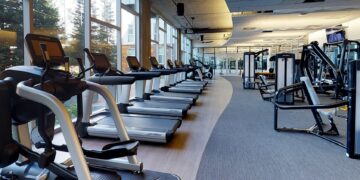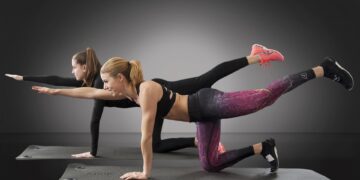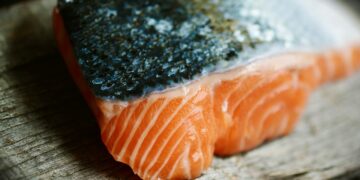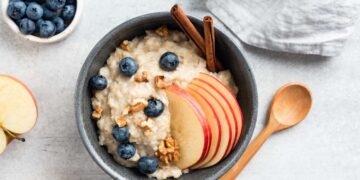Fuel Your Fitness Journey: The Ultimate Guide to Healthy Eating for Optimal Performance
Embarking on a fitness journey requires more than just physical exertion; it also demands the right fuel to power through workouts and recover effectively. Optimal performance is directly linked to healthy eating habits, making nutrition a crucial component of any fitness regimen. In this comprehensive guide, we will explore the importance of food in fueling your fitness journey, provide tips for making healthy food choices, and address common questions related to nutrition and exercise.
The Role of Nutrition in Fitness
Proper nutrition is essential for achieving peak performance in physical activities. The food you eat serves as the fuel for your body, providing the energy needed to sustain workouts, build muscle, and recover from intense exercise. Without the right balance of nutrients, you may feel fatigued, experience muscle cramps, and struggle to reach your fitness goals.
Carbohydrates are a primary source of energy for the body, particularly during high-intensity workouts. Consuming complex carbohydrates like whole grains, fruits, and vegetables can help sustain energy levels and enhance performance. Protein is essential for muscle repair and growth, making it crucial for those engaging in strength training or endurance activities. Healthy fats, such as those found in avocados and nuts, provide long-lasting energy and support overall health.
Tips for Healthy Eating for Optimal Performance
Now that we understand the importance of nutrition in fitness, let’s explore some tips for making healthy food choices to support your fitness goals:
1. Prioritize Whole Foods
Whole foods, such as fruits, vegetables, whole grains, and lean proteins, are rich in essential nutrients and free of added sugars and preservatives. Aim to include a variety of whole foods in your diet to ensure you are getting all the necessary vitamins and minerals for optimal performance.
2. Stay Hydrated
Proper hydration is key to maintaining energy levels and supporting muscle function during workouts. Drink plenty of water throughout the day, especially before, during, and after exercise. Electrolyte-rich beverages, such as coconut water or sports drinks, can also help replenish lost fluids and minerals during intense workouts.
3. Balance Macronutrients
Aim to include a balance of carbohydrates, proteins, and fats in each meal to support energy levels and muscle recovery. Incorporate complex carbohydrates, lean proteins, and healthy fats into your diet to fuel your workouts and promote optimal performance.
4. Plan Ahead
Meal planning can help you make healthier food choices and avoid impulsive eating. Take the time to plan your meals and snacks for the week, ensuring you have nutritious options readily available when hunger strikes. Preparing meals in advance can also save time and prevent you from reaching for unhealthy options when you’re short on time.
Addressing Common Questions About Nutrition and Exercise
As you embark on your fitness journey, you may have questions about how to best fuel your body for optimal performance. Here are some common questions related to nutrition and exercise, along with expert answers:
1. What should I eat before a workout?
Prior to a workout, it’s important to consume a balance of carbohydrates and protein to provide energy and support muscle function. Ideal pre-workout snacks include a banana with almond butter, Greek yogurt with berries, or a small protein shake.
2. How can I boost my energy levels during long workouts?
To sustain energy levels during longer workouts, consider consuming a mix of carbohydrates and electrolytes. Energy gels, sports drinks, and snacks like dried fruit or energy bars can provide a quick source of fuel to keep you going during extended exercise sessions.
3. Is it necessary to eat right after a workout?
Eating a balanced meal or snack within 30 minutes to an hour after a workout can help replenish glycogen stores and support muscle repair. Aim to include a mix of protein and carbohydrates in your post-workout meal to aid in recovery and promote muscle growth.
4. Can supplements enhance my performance?
While supplements can be beneficial for some individuals, it’s important to prioritize whole foods and a balanced diet before turning to supplements. Consulting with a healthcare provider or nutritionist can help you determine if supplements are necessary for your fitness goals.
Conclusion
Healthy eating plays a vital role in fueling your fitness journey and optimizing performance. By prioritizing whole foods, staying hydrated, balancing macronutrients, and planning ahead, you can support your body’s needs and achieve your fitness goals more effectively. Addressing common questions about nutrition and exercise can help you make informed choices and ensure you are getting the most out of your workouts. Remember, proper nutrition is the foundation for success in any fitness regimen, so fuel your body wisely and watch your performance soar.
With the right balance of nutrients and a commitment to healthy eating habits, you can power through workouts, recover effectively, and achieve peak performance in your fitness journey. Remember, proper nutrition is the key to unlocking your full potential, so fuel your body wisely and watch your fitness goals become a reality.

